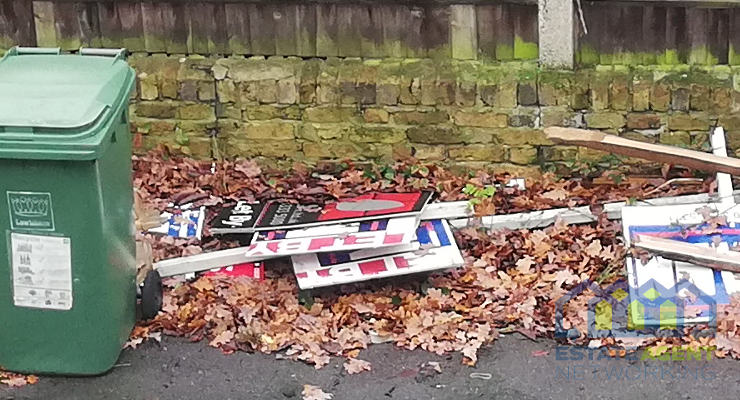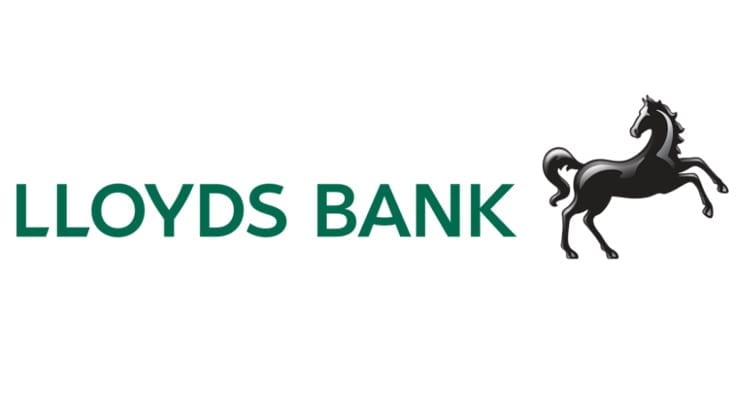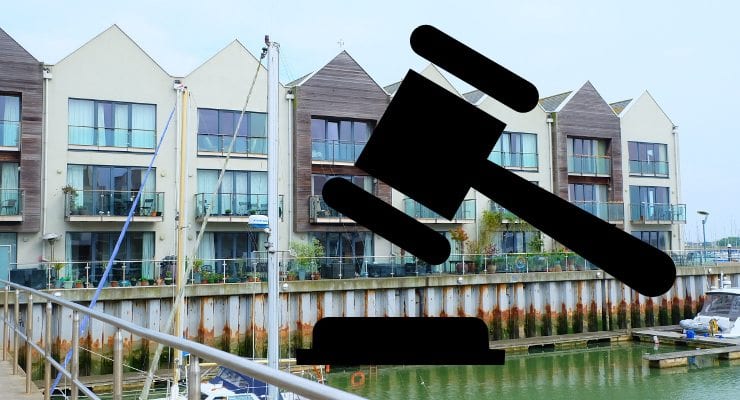How to avoid disputes.
Renting means both the tenant and landlord are taking big risks with their money and investments. A landlord trusts that a tenant will pay rent on time and respect their property, whilst a tenant trusts that there will be no major issues with the property they are about to move into.
However not everything goes perfectly and it sometimes leads into a dispute, so how can you prevent that?
Here are a few ways to avoid disputes so that everyone can live happily:
• Communication
Always make sure you regularly communicate with your tenant. Agree on a preferred method of communication before the tenancy starts, maybe they prefer email or text instead of phone calls. It is your responsibility to find out! When you do communicate with your tenant, remain calm and professional at all times. If things do start to escalate make sure that you have a record of all interactions with the tenant and where possible have a witness present if you are dealing with them face-to-face.
• Deposit Protection
Asking for a deposit is not required by law. However, it is common and as a result, there are regulations to follow if you do take deposits. Make sure you register your deposit with one of the government-backed Tenancy Deposit Schemes; this will protect the tenants’ deposit and you can negotiate how much your occupant can get back when their tenancy is over. The three government-backed schemes are:
1. Deposit Protection Service (DPS)
2. MyDeposits
3. Tenancy Deposit Scheme (TDS)
• Tenants needs to be made aware of their contractual obligations
Before they sign the tenancy agreement, make sure the tenant understands everything in it and what they are and aren’t responsible for. For example, are bills included? If so what utilities are you responsible for and what are they required to set up themselves? Who pays if a window is smashed? Make sure both parties are aware of everything necessary and a mutual understanding is reached.
• Ensure your agreements are correct.
Double check dates and make sure all the rental amounts are correct. Make sure you can provide up-to-date Gas Safety certificates, along with EPC’s & PAT testing if needed, to prove that your property and its contents are safe.
• Make sure you have a professionally detailed inventory report.
In rented accommodation, the main causes of landlord / tenant disputes are damage to the property and cleaning issues. Therefore, without a thorough inventory in place (at check-in and check-out) landlords have much less chance of winning a dispute if they have no evidence of the original condition of the property. Using LettingCheck will ensure that your inventory report is detailed and can hold up in court or legal proceedings
• Maintenance
Before you rent out the property, make sure there are no major maintenance issues that may hinder the tenancy start date. Also, encourage your tenants to report any problems with the property to you as soon as they occur. This will prevent the problems becoming more costly when left for too long. With the revenge eviction laws coming into place, you must ensure that all maintenance issues are responded to within 14 days of the initial report. LettingFix will remind you when the issue is close to the response deadline.
• Inspections
Regular inspections not only bring up maintenance issues, but they can also tell you if any unauthorised persons are living in the property. Subletting is not usually allowed within residential tenancies and unchecked tenants could also cause disputes with neighbours.
• Pre-tenancy
Conduct thorough tenant referencing procedures, making sure that you obtain references from the tenants’ previous landlords. Speaking to someone first hand can tell you more than a simple credit report will. This can sometimes also reveal if the tenant has ever had a dispute in a previous tenancy, therefore helping you to judge their character and reliability as a tenant.
• Notice
Don’t enter the property without giving your tenants the required notice; this will prevent any dispute on unauthorised entry.
—
At the end of the day, all a landlord wants is a happy tenant who pays their rent on time and respects their property. All a tenant wants is a nice, safe, secure place to live and call home.
So it is always best to try and avoid disputes, which can be very expensive and stressful.
This blog was first posted on LettingCheck









